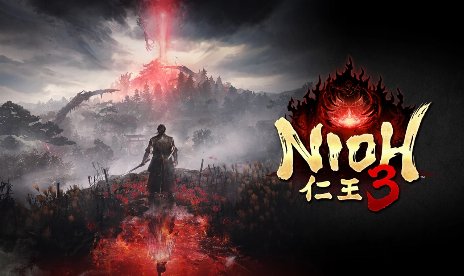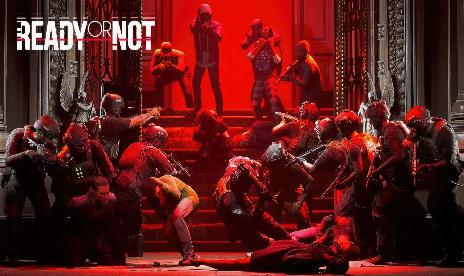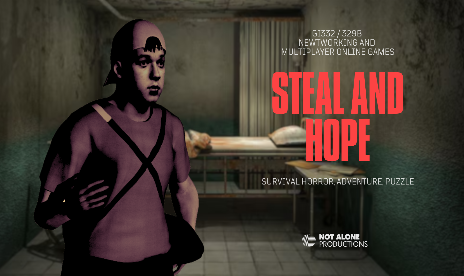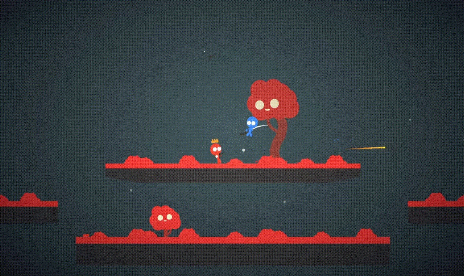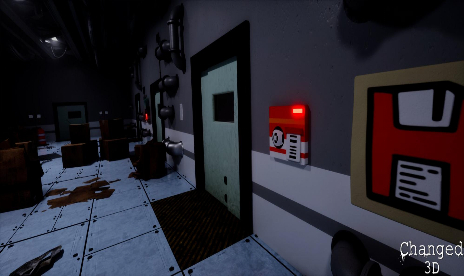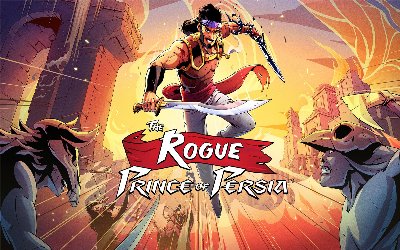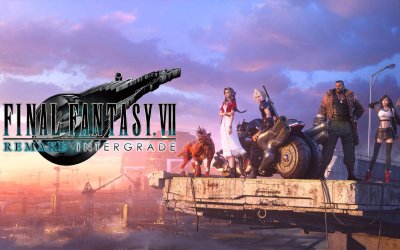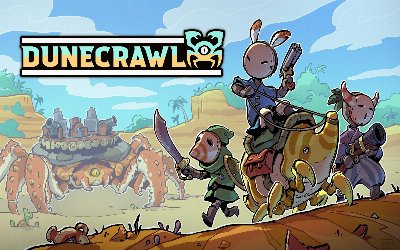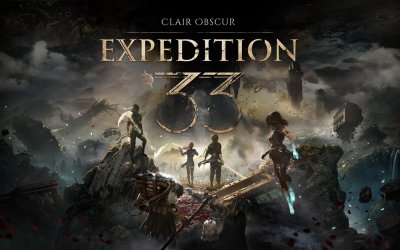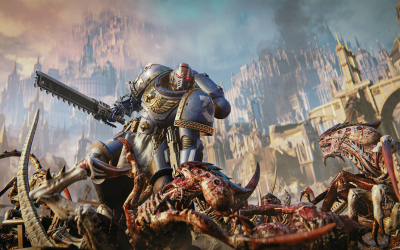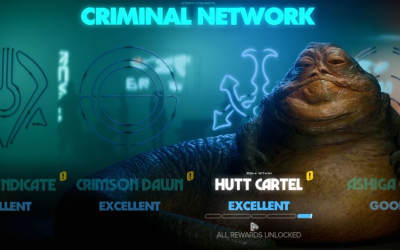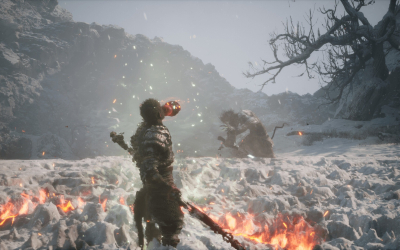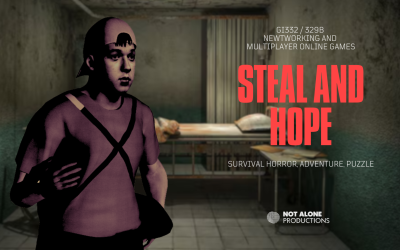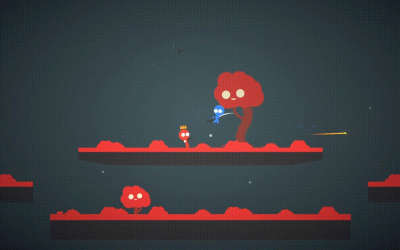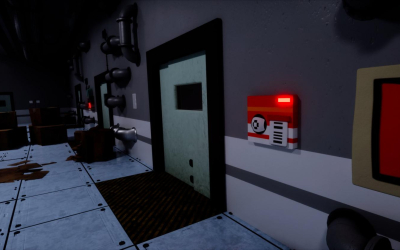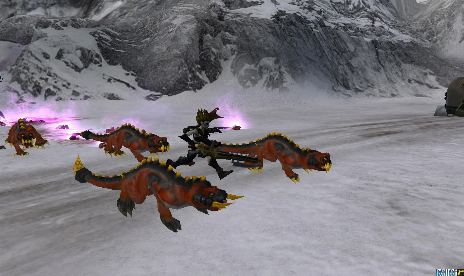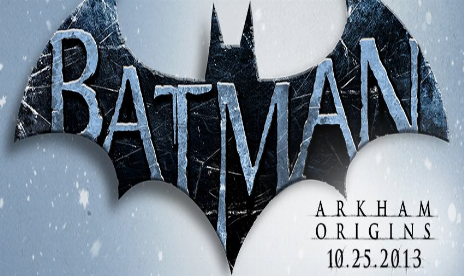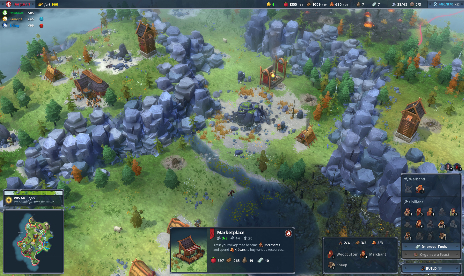Rift
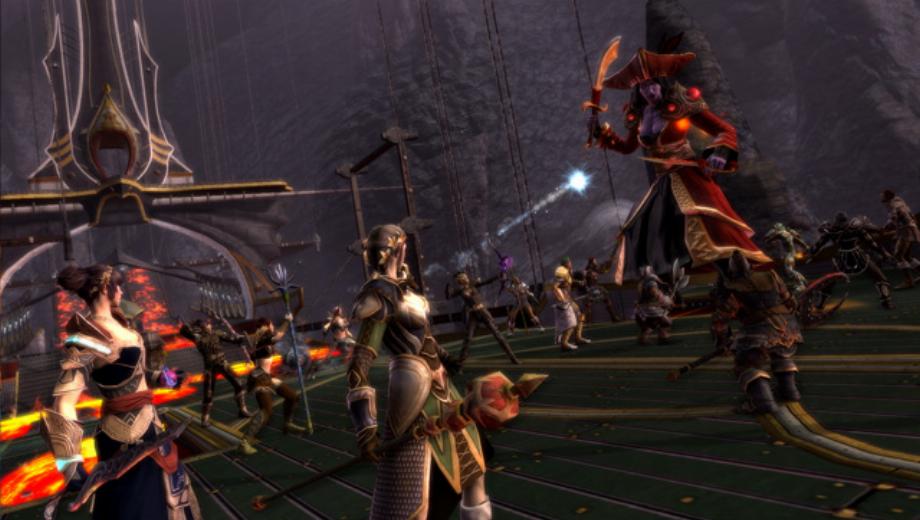
Developing an MMO is a tough thing. It's a world dominated by giant free to play titles like Runescape at one end, and massively over produced, large budgeted ones like World of Warcraft at the other. How do you break into this industry if you're a developer? There are many companies and their games that have fallen at the wayside or gradually eked their way to miniature player bases because they didn't do things right. This is an industry with as many "dont's" as there are "do's". Anyone attempting to make a name for themselves needs to make sure they deliver in several key areas. The most important one of which is that they have to keep things familiar enough that they can gather up some of the disheartened players from other MMOs, but make their game unique enough that it has a selling point all of its own.
Developed by Trion Worlds, a relatively virgin developer with only this game under its belt – for now – Rift was a ballsy first title for them to try. However so far they seem to be doing well. It's got a pretty strong player base and it's been well received by the critics; though of course with a game as large as an MMO, you can only really tell how well it will last after its first year; does it have the staying power?
Well one thing that certainly is necessary for a game in this genre is a robust starting point. You need to suck in the new players and intrigue them enough to keep playing. You also need to make it possible for seasoned gamers to reroll new characters to keep the game fresh if they manage to battle through a lot of the end game content; or perhaps just want to do things differently. That's what we'll be looking at today. Several months on from release, how have Trion crafted and maintained the start of their game. Is it one that gathers you up from the get go, or does it take a while to get going?
Rift takes place in the fantasy world or Telara where different planes of existence are focused. Thanks to the actions of a certain death god known as Regulos, rifts have begun to open between planes, bringing forth all manner of nasties. It's up to players to take down these enemies and close up these rifts. Of course, in typical human(ish) fashion, there's also plenty of in fighting, specifically about the way to oppose said death god.
After performing the relatively lengthy downloads for 10GB worth of patching (as you would expect from an MMO at this point) the game sets you up with its character creation screen. Rift follows quite a usual formula for diversifying your alias at this point, giving you the option between "Guardian" and "Defiant". These two opposing factions aim for the same goal – closing the rifts – but they disagree on the best way to go about it. The Guardians are the traditionalists, they are the original defenders of Telera and your early training levels come about after being resurrected by a group known as the "Vigil". The Defiants on the other hand prefer to put their faith in technology as a way of battling the god of death.
Depending on which of these you pick, you'll have the option of different races. Apparently in Telera, racial lines are never crossed. God(s) forbib we had a Dwarf Defiant; alliteration be damned. These choices range from Elves with other names, Mathosians – the most human like of the lot – the aforementioned Dwarves and the Bahmi who look like Mathosians with a few steroid treatments under their belt.
The diversity in these choices isn't huge right off the bat, but the aesthetic tweaks you can make to your character are pretty varied. These involve anything from skin tone and height changes, to the angle of your eyes, the size and shape of noses and mouths to the addition of fancy tattoos of different colours.
After completing your character, you get thrown into a non-instanced training map that lasts a good few hours of gameplay time. Here you get to grips with some basic questing and some of the back story of the game. One of the first things I noticed at this point though was how overbearing some of the lore of Rift's Universe is. This is fantasy with elves and dwarves, I understand that, but there is such a thing as drip feeding names and places to start with. As far as I understand it, you're a resurrected soul brought back to help fight the god of death and his disciple, but there were so many names and places that meant nothing to me, just talking to the first few quest givers, that I switched off. So many in fact I made note of them:
Telera, Regulos, the Tyrant, Eth, Bahmi, Ethian, the Ward, the Destroyer, the Blood King, Aederax and a few others. Now with research, with time, sure these words become common place and you learn what's going on. But please developers, just introduce this stuff a bit more slowly. It makes me switch off from the story right from the get go and is one of the reasons that most MMO players don't read a single bit of quest dialogue. They hit accept and look at the objectives. That's it; and that's exactly what I did for the majority of my review time. Call it lazyness on my part, call me a poor reviewer, but as a player, it's just something I wouldn't bother with. It's down to the developers to make this game interesting and while it becomes more so later on, at the beginning it certainly isn't.
One thing that is quite striking from these early stages though is how pretty the game world is. It's still an MMO with an engine designed for lots of people to be on screen at once so it's no Crysis, but if you're used to playing World of Warcraft, expect to be impressed; the 6.5 years since WoW was released has seen a lot of graphical development. There's certainly quite a few epic vistas and impressive character details and animations that will please most. Combat actions specifically are very fluid; even if Melee strikes are a little repeated.
Anyone that's played one of the big MMOs of the past few years will be familiar with the combat system found in Rift. It's the usual click the abilities and watch the attack happen; this is no twitch or turn based system. Depending on which class you pick, you'll have more or less fun through these early levels. My first play through was using a Cleric, who's first 2-3 attack powers learned were all identical in animation and seemed to do roughly the same sort of damage. Ok they were different elements, but I don't know what that means when I'm level 3; mix it up a bit Trion. However, my second character was a Mage, much more exciting, much more engaging and just more interesting to look at; which is what you do with combat like this, you click and watch.
While the fighting itself isn't anything that inspires me personally, I did like how you begin choosing abilities from the get go. This isn't WoW where you have to wait till level 10 to get started, here you begin choosing your characters skill path as soon as you hit level 2. These points are allocated into three separate classes which you also choose yourself – though there are recommended paths. To jump into the lore a little, these roles are actually termed "souls" which you can take on in a variety of combinations. They give you different abilities as well as different cool downs, attacks and skills to use. You can have one only if you like, though the tutorial map pushes you to have 3 so that you get a feel for how that works; you can retrain them later if you like, which I'm sure many will. You can also have multiple configurations saved and loadable when you like. This allows you to have one skill setup for PvP, another for PvE, etc.
As you progress to the end of the training sequence, you're given your first taste of Rift gameplay. This involves battling your way close enough to a "Rift" to close it. In this case this is done by defeating a scripted boss and by killing his minions first. In the real world, these enemy spawns can open up anywhere without much warning in what Trion call Dynamic world content. This is designed to keep things fresh, though some have said they find it annoying that some area they need to access is suddenly covered with enemy spawns. Time will tell if this is a principle that people enjoy long term, or if it becomes tiresome.
As you progress to the end of the training sequence, you're given your first taste of Rift gameplay. This involves battling your way close enough to a "rift" to close it. In this case this is done by defeating a scripted boss after killing his minions. Grouping at this point is useful as it is certainly the toughest fight you've had so far, but it's not a necessity. Anyone in the local area is able to join in without needing an invite; regardless of whether they are Guardians or Defiants. When it comes to closing rifts, everyone is on the same side.
In the real game world beyond this training instance, these enemy spawns can open up anywhere without much warning in what Trion call Dynamic world content. This is designed to keep things fresh, though some have said they find it annoying that an area they need to access is suddenly covered with enemy spawns. Time will tell if this is a principle that people enjoy long term, or if it becomes tiresome.
Once you've completed the final rift closing in the training area you're transported to the real world that every other player inhabits. It's now 10 years after the events that you just battled through and things have not been going well for the inhabitants of Telera. Once again the world is split by war and fear and its your job to help restore it, from your Guardian or Defiant perspective. You begin questing anew but are quickly introduced to some early professions. These again feel pretty similar to anything you've seen in WoW or similar in that there's foraging, skinning that sort of thing. You have abilities that help you find stuff, you go pick it up, take it somewhere else and make something better with it. As you progress further through the game you get stronger skills that compliment these basic ones, making equipment etc, it's all pretty standard affair.
To be honest, that last paragraph rings true for a lot of Rift. It's got the combat that is an MMO staple, it's got death that's not too big of a deal but it's annoying nonetheless. There's also a skill and crafting system that will feel familiar, but it branches things off to give more variety and keep things that little bit more fresh. The Rifts are the big something that separate this game from WoW and the others, it's like a scripted world event that brings the warring parties together; but they're ongoing, all the time.
Personally, an MMO like this doesn't inspire me enough to continue beyond the time I played for the review, but it is not that bad actually. It's innovative enough to stand on its own, but familiar enough that seasoned MMO players will feel at home. Time will tell if it can hold on to its status as a strong contender for gamer subscription dollars, but for now, Trion have a good starting platform that is likely to help them maintain their player base. Whether it will become an all-time great or just a good stop gap until the next "pretty good" MMO is released is anyone's guess, but I think they'd have a better chance if they'd just drip feed the lore a little more.


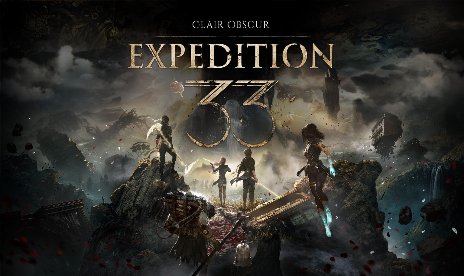
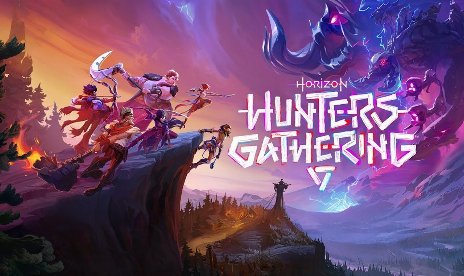
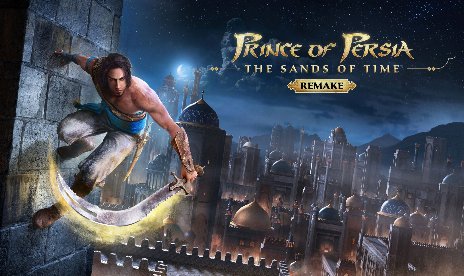
![The Rogue Prince of Persia v1.0.4 (+9 Trainer) [LinGon]](https://9588947a.delivery.rocketcdn.me/wp-content/uploads/2026/02/The-Rogue-Prince-of-Persia-01-464x276.jpg)
![Final Fantasy VII Remake Intergrade v1.0-v20260122+ (+24 Trainer) [FLiNG]](https://9588947a.delivery.rocketcdn.me/wp-content/uploads/2024/01/ff7ri-464x276.jpg)
![DuneCrawl v1.0 (+3 Trainer) [PLAYMAGiC]](https://9588947a.delivery.rocketcdn.me/wp-content/uploads/2026/02/DuneCrawl-01-scaled-464x276.jpg)
